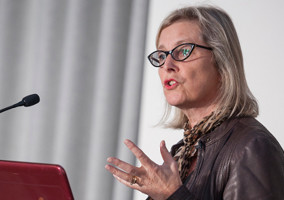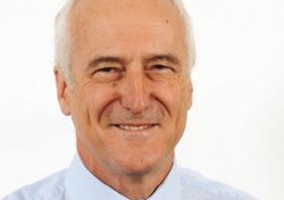I read with interest the comments from Hillary Seaward suggesting that the role of treasurer should be abolished.
I agreed with much of what she said, particularly her comments about ensuring that trustees can’t say they "don’t do numbers" – indeed when I run training courses for new treasurers there is always a notable sense of relief around the room when I remind them that the Charity Commission sees all trustees as responsible for the charity’s finances.
However I believe that the role of treasurer is more vital than ever.
In my professional life I sometimes come across charities that don’t have a designated treasurer and here often the difficulty is that rather than finances being everyone’s business they become no-one’s business - a dangerous situation that at best means the charity misses out on key opportunities to fulfil it's mission, at worst can lead to the charity failing.
On the other hand too often, the role of treasurer is a lonely one.
Sometimes it becomes that of being a gatekeeper – having the ability to say no, rather than the ability to help the charity work out how to achieve its goals. Setting an annual budget can become a straight jacket rather than a tool.
The other danger is that the treasurer becomes controlling and is seen as a blocker on the good work of the charity.
However having badly designed roles for the treasurer or a person in the wrong role isn’t a reason for abolishing the role altogether.
'Team lead'
In my experience the best treasurers see their role as the team lead on the finances, not the person solely responsible. They have developed their role into (alongside co-trustees) ensuring that the “make balanced and adequately informed decisions, thinking about the long term as well as the short term”.
They also use forecasting and budgeting tools appropriate for their charity treating a budget or a forecast as a way of helping them make sure that the charity uses its assets effectively.
Treasurers need to treat their colleagues as grown ups when it comes to money and there are some very practical ways they can do that – ensuring their report is early on the agenda of trustee meetings, regular catch ups with the chair and other trustees, writing their reports in plain English not just providing excel spreadsheets.
Of course other trustees need to reciprocate this and to get the best out of your treasurer requires all trustees, but especially the other officers of the charity taking responsibility and sharing the load.
All of these things are needed now more than ever as charities rightly are expected to show strong governance and at the same time finances for many charities are under pressure.
This week I moved from being the treasurer of a local community organisation, to become its chair. The thought of being chair without having a new treasurer willing and able to step up to help me and ensure that the finances are kept in a good state would have filled me with dread. As a new chair I know that my treasurer will be a key support in ensuring that we ensure our small but very valuable organisation has the maximum impact on our local community.
Rather than abolish the role of treasurer we need to reimagine it and support them as a key part of the team.
Rachel Eden, ACMA is a qualified accountant with a specialism in supporting charities and delivers finance training to fellow accountants, treasurers and non-finance specialists. She is founder and director of Holy Brook Associates.
|
Related articles











